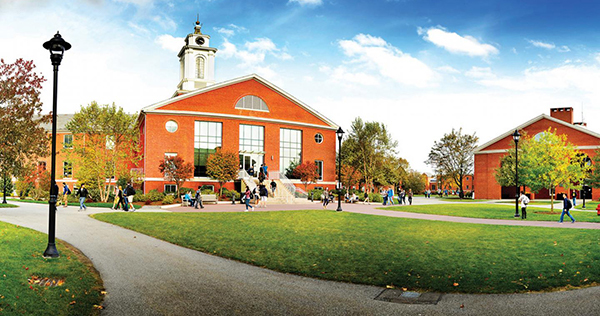The Cost of Intense Board Monitoring
Boards of directors have two jobs: oversight and advising. But can too much oversight lead to worse advice?
“Once upon a time, serving as a corporate board director was a prestigious thing. Today, thanks to the intense burdens of monitoring and governance we’ve piled onto boards generally and independent directors specifically, board service is more like a pain in the backside. And now some clever academics have tried to quantify precisely how much that pain costs corporate operations” (Compliance Week, November 15, 2010).


